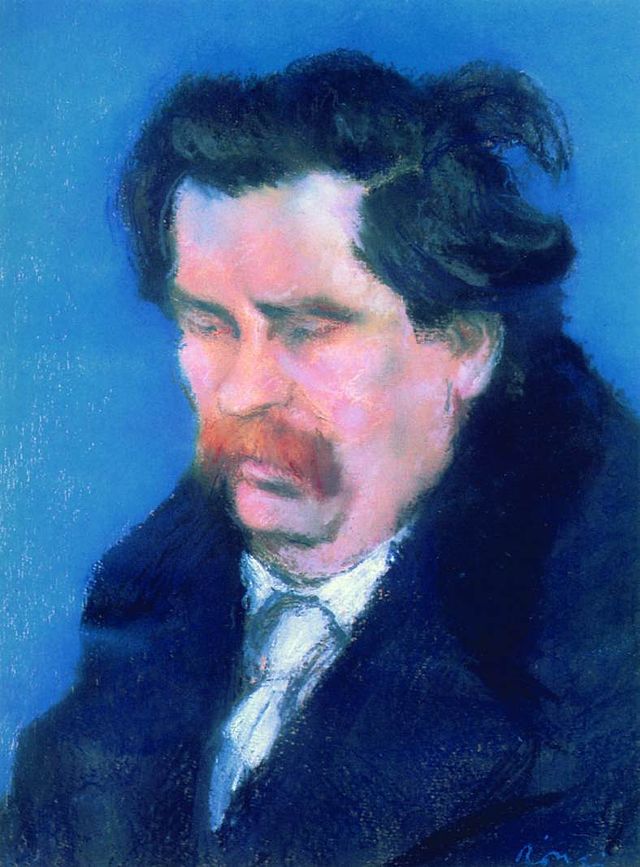Loading AI tools
Hungarian writer (1879–1942) From Wikipedia, the free encyclopedia
Zsigmond Móricz (Hungarian pronunciation: [ˈʒiɡmond ˈmoːrit͡s]; 29 June 1879, Tiszacsécse – 4 September 1942) was a major Hungarian novelist and Social Realist.
You can help expand this article with text translated from the corresponding article in Hungarian. (August 2018) Click [show] for important translation instructions.
|
Zsigmond Móricz | |
|---|---|
 Móricz in 1935 | |
| Born | 29 June 1879 |
| Died | 4 September 1942 (aged 63) |
| Occupation | writer |
| Spouses | Eugénia Holics
(m. 1905; died 1925)Mária Simonyi (m. 1926) |
| Signature | |

Zsigmond Móricz was born in Tiszacsécse in 1879 to Bálint Móricz and Erzsébet (née Pallagi). On his mother's side, he came from an impoverished but ancient noble family while his father was the descendant of serfs.[1] He studied at the Debrecen Reformed Theological University (1891–1893), Sárospataki Kollégium (1894–1896), and in Kisújszállás and Szakoly (1896–1898). In 1899, he enrolled at the Debrecen Reformed Theological University to study theology, but transferred into law after only six months.
In 1903, he began to work as a journalist at the newspaper Az Újság, remaining there until 1909.
During the revolutionary government after World War I, he was vice president of the Vörösmarty Academy. After its fall, his plays were not performed in the National Theater, and his work was published only in Nyugat and Az Est. At the end of 1929, he became the prose editor for Nyugat.
In 1905, Moricz married Eugénia Holics. Suffering from depression, she committed suicide in 1925. He married for a second time in 1926 to Mária Simonyi.
His novels express the lives of the Hungarian peasantry and dealt with issues of poverty.
Seamless Wikipedia browsing. On steroids.
Every time you click a link to Wikipedia, Wiktionary or Wikiquote in your browser's search results, it will show the modern Wikiwand interface.
Wikiwand extension is a five stars, simple, with minimum permission required to keep your browsing private, safe and transparent.